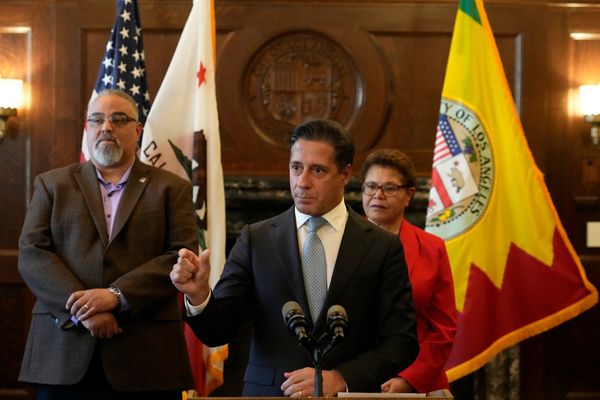The ACT Supreme Court has thrown out an appeal by prosecutors who had argued the sentence of a man who fatally stabbed a former Comanchero bikie boss was "manifestly inadequate."
Frederick Tuifua was sentenced in November 2021 to 20 years in prison, with a non-parole period of 10 years, for killing Pitasoni Ulavalu and stabbing a second man in July 2020.
In sentencing Tuifua in 2021, Justice Michael Elkaim found the man was the aggressor in the situation when he entered Kokomo's nightclub armed with a knife.
Justice Elkaim also dismissed Tuifua's claim that he was carrying the blade for self-defence.
But the judge accepted that Tuifua had shown genuine remorse, and was likely to have good prospects for rehabilitation.
Today, a panel of three judges led by Chief Justice Lucy McCallum dismissed the Crown's claim that Tuifua's sentence was insufficient.
'Unduly harsh sentence' could be counterproductive
The panel ruled that the Crown had failed to prove any error by the sentencing judge.
"The Crown argument does not rise higher than a complaint that the sentence was not heavy enough as a value judgement," the judges said.
"The Crown faced a steep hurdle in demonstrating error by the sentencing judge in light of the care and clarity in his honour's reasons.
"It was not enough that a heavier sentence could have been imposed, or even should have been imposed."
The appeal judges agreed that there was little evidence to suggest that Tuifua's offences were pre-planned, or reflecting "an inherently or irredeemably evil state of mind".
Tuifua had no criminal history prior to the incident, and the appeal judges accepted his argument that due consideration had been given to his level of remorse and complimentary character references.
They added that an increased sentence could have unintended consequences.
"A prolonged and unduly harsh sentence could work against the prospects of such rehabilitative success," the panel said in its reasons.
"The worst outcome has to be reserved for the worst category of cases."
Tuifua remains eligible to apply for parole in 2031.







